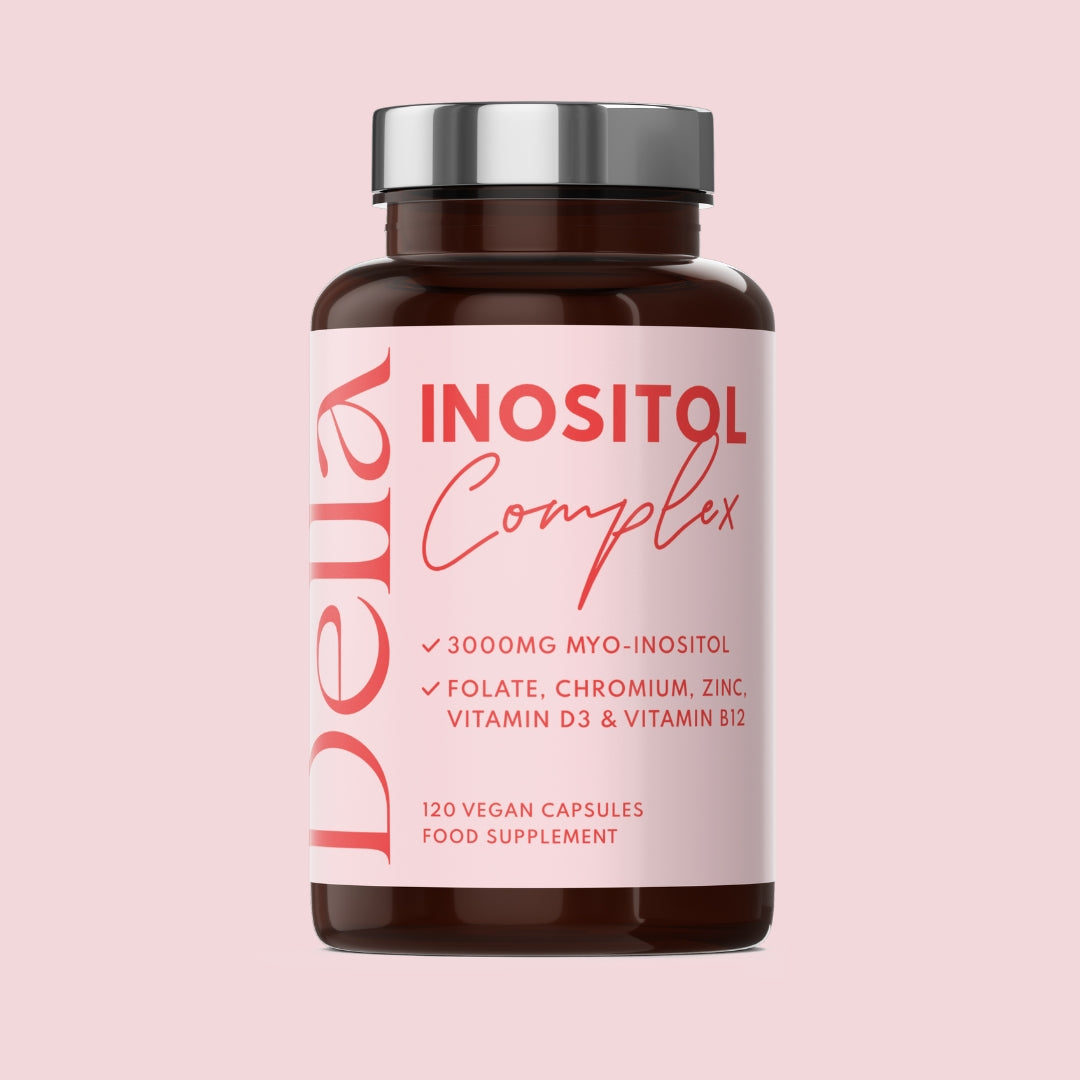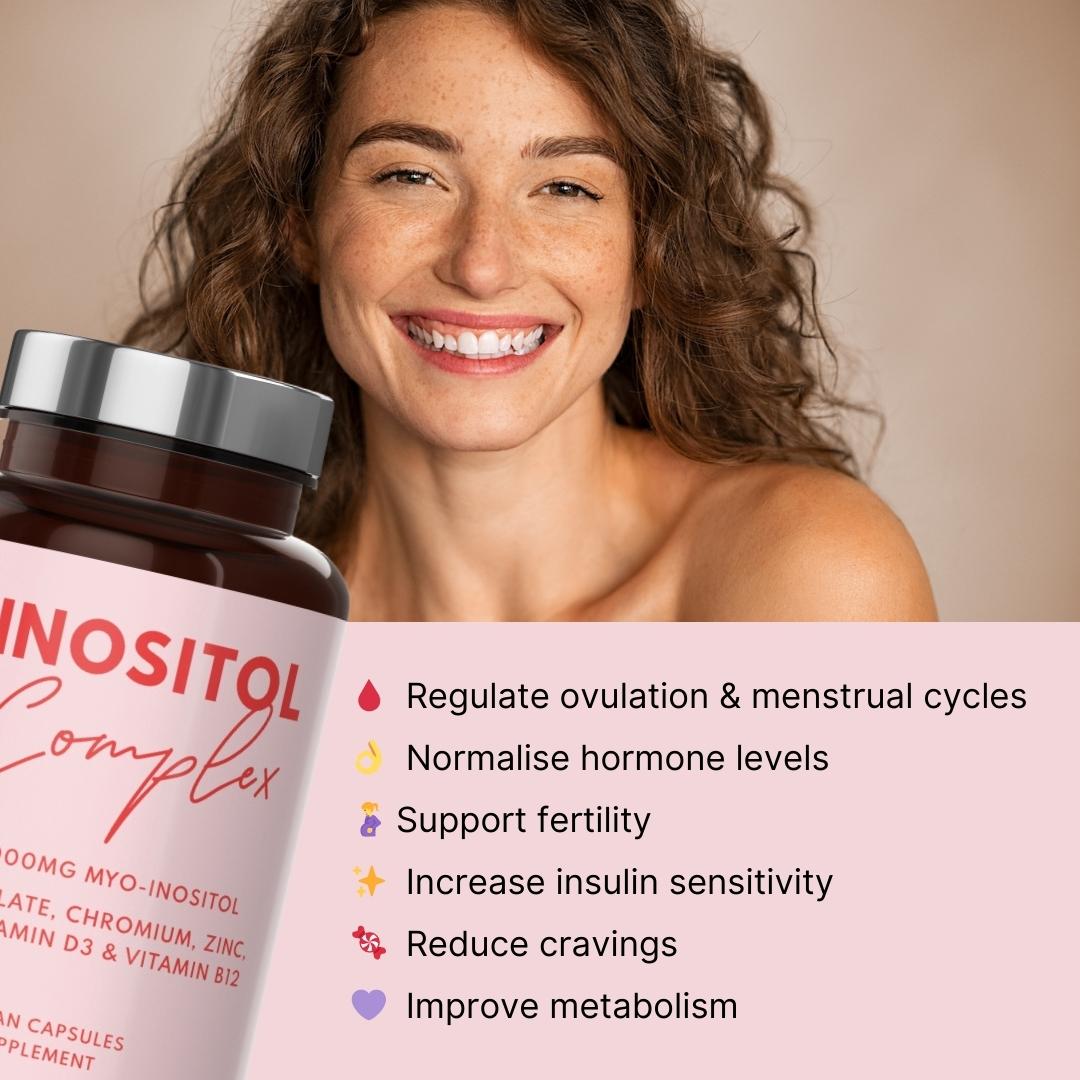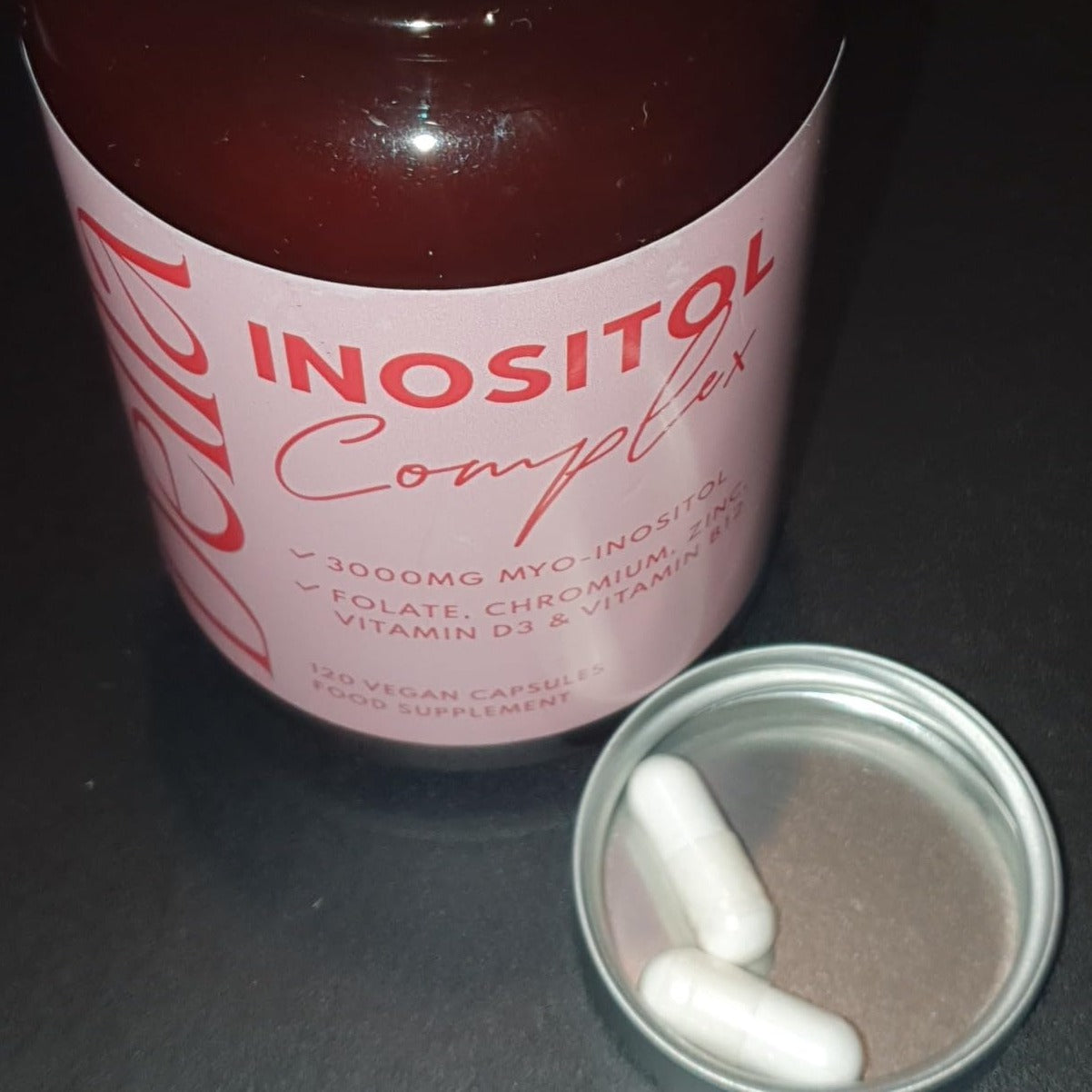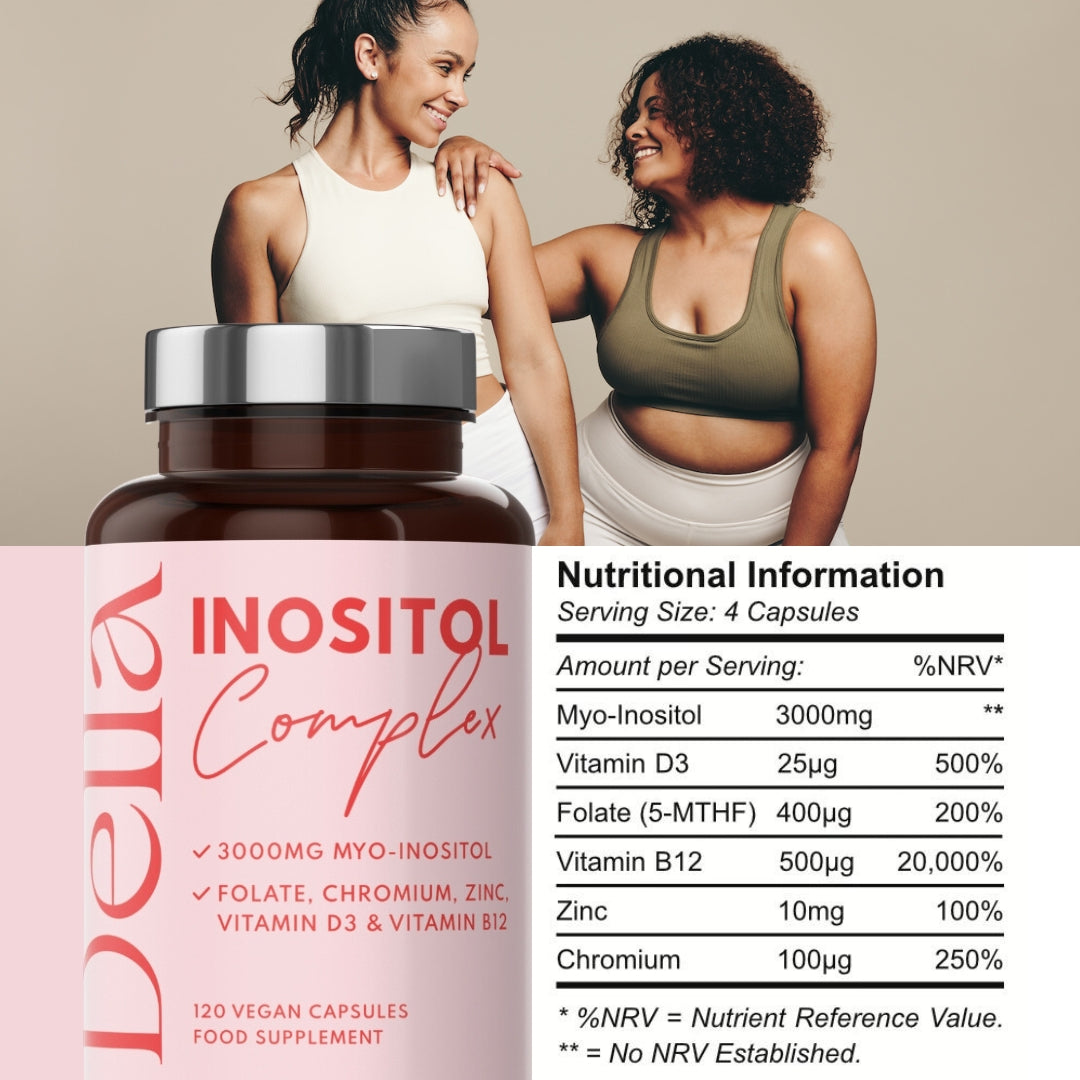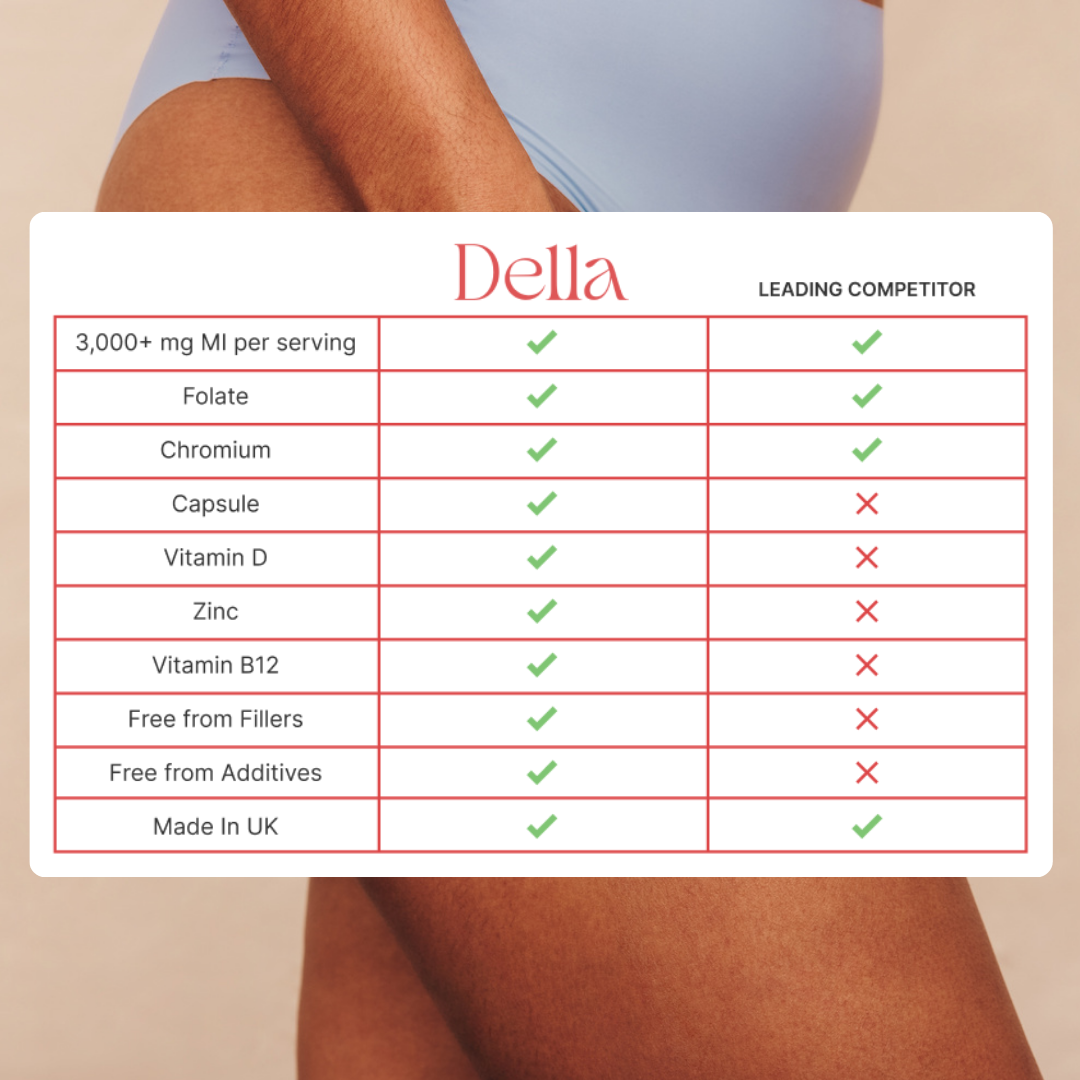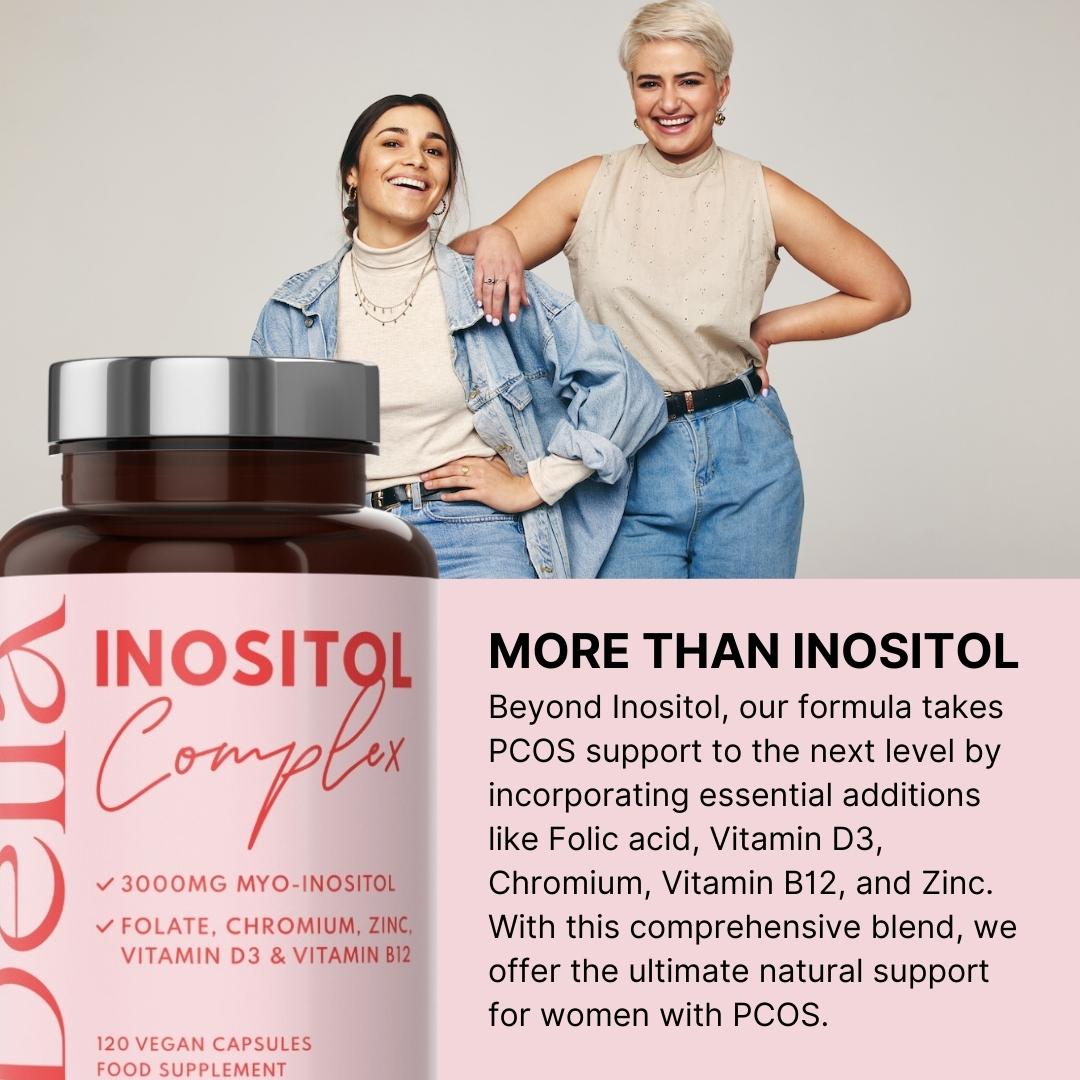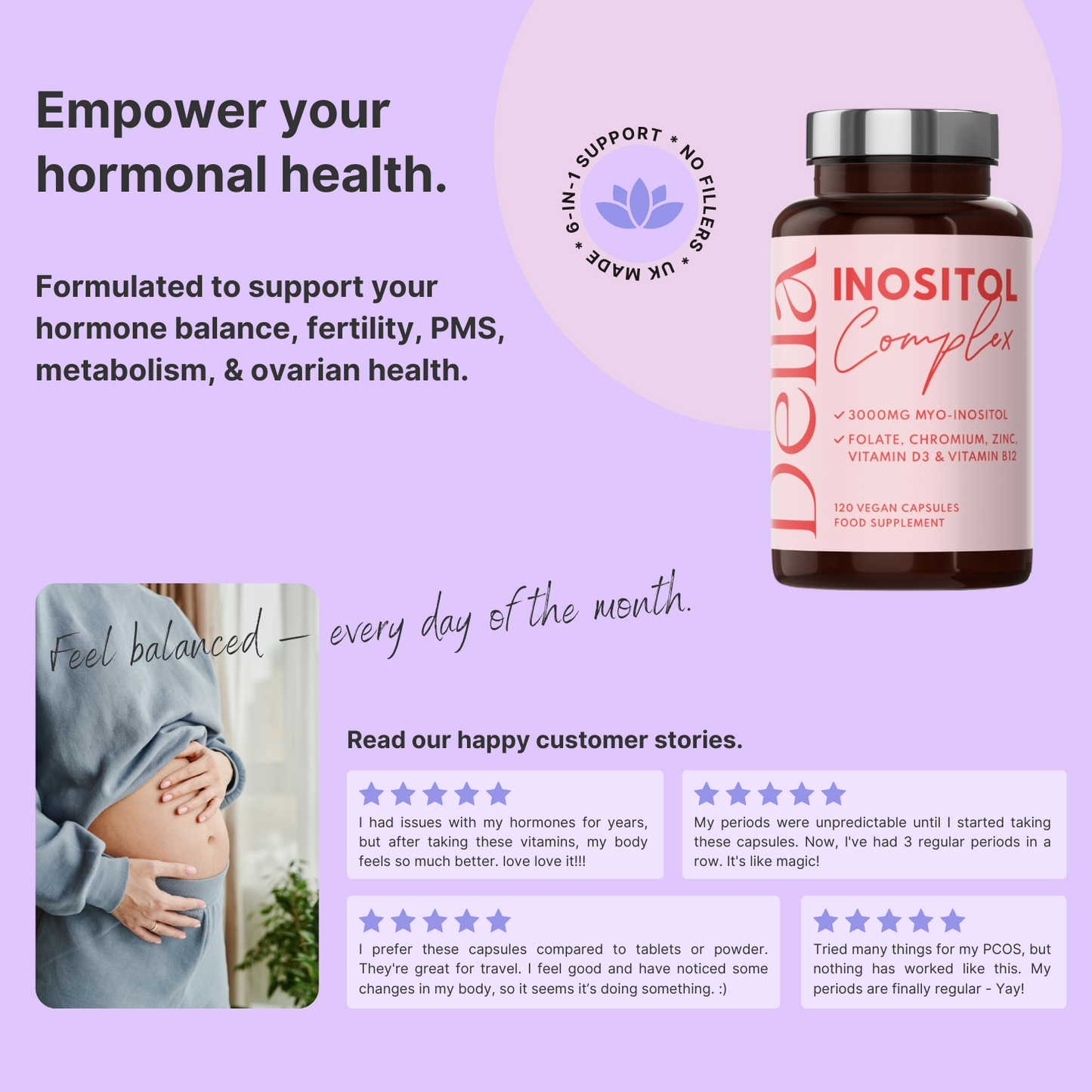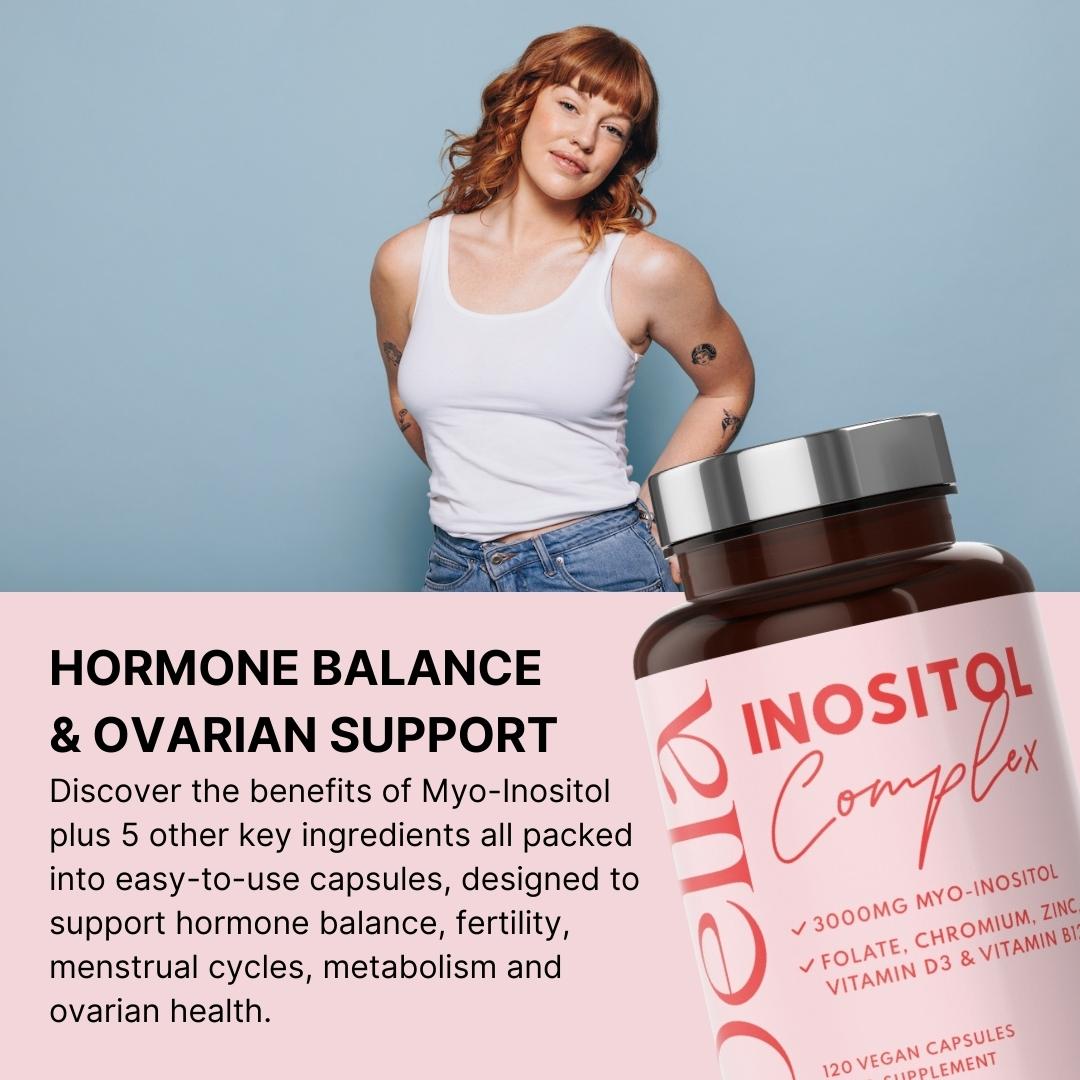While hormone imbalances like PCOS are well-known for causing irregular periods and fertility issues, they can also have a significant impact on your appetite and food cravings. If you've been wondering why you often feel hungry soon after eating and have intense cravings, you're not alone.
In this blog post, we will explore the connection between PCOS, hunger and cravings - and what to do about it.
Hunger + Cravings = Hormone imbalance?
Feeling hungry soon after eating and having cravings for quick energy foods like sugar, fat and carbs could be a sign of hormone imbalance. PCOS can contribute to these sensations in several ways:
Insulin Resistance: The majority of women with PCOS have insulin resistance, which means your cells don't respond efficiently to insulin. This leads to higher levels of insulin in the blood, which can trigger hunger and cravings, especially for sugary and high-calorie foods.
Blood Sugar Swings: Irregular insulin levels can lead to fluctuations in blood sugar, resulting in sudden drops that trigger intense hunger and cravings, often for unhealthy, energy-dense foods.
Elevated Androgens: PCOS is characterised by imbalances in sex hormones, such as elevated levels of androgens (male hormones) and lower levels of progesterone. These hormonal imbalances can affect the brain's appetite regulation centres, leading to increased feelings of hunger.

Managing Hunger and Cravings with PCOS
There are a number of good habits and lifestyle changes you can implement to manage these symptoms effectively and naturally:
- Balanced Diet: Focus on a balanced diet rich in whole grains, lean proteins, healthy fats, and plenty of fruits and vegetables. This can help stabilise blood sugar levels and reduce cravings.
- Regular Meals: Eating regular, well-balanced meals and snacks throughout the day can help prevent blood sugar spikes and crashes that trigger cravings.
- Fibre-Rich Foods: Include fibre-rich foods like whole grains, legumes, and vegetables in your diet. Fibre helps keep you full and can reduce hunger pangs.
- Protein Intake: Incorporate lean protein sources, such as chicken, fish, tofu, and beans, into your meals. Protein helps you feel full and satisfied for longer.
- Healthy Snacking: Choose healthier snack options like nuts, yoghurt, or fruit to satisfy your hunger between meals instead of reaching for sugary or processed snacks.
- Stress Management: Practise stress-reduction techniques such as meditation, deep breathing, or yoga to help curb emotional eating.
- Consider supplements: Our Inositol Complex supplement contains several key ingredients to reduce insulin resistance which is one of the main factors to cravings.
Living with PCOS can be tough, and having cravings and constantly feeling hungry makes it even more difficult to manage your weight. However, by understanding the connection between PCOS and these symptoms and implementing the right strategies, you can reduce the symptoms.
FAQs about PCOS, Hunger, and Cravings:
What is PCOS, and how does it affect appetite and cravings?
PCOS stands for Polycystic Ovary Syndrome, a hormonal disorder. It can impact appetite and cause intense cravings for certain foods, especially sugary and high-calorie options.
What causes the increased hunger and cravings in individuals with PCOS?
Several factors contribute to this, including insulin resistance, blood sugar swings, and imbalances in sex hormones like elevated androgens and lower progesterone.
How does insulin resistance relate to hunger and cravings in PCOS?
Insulin resistance in PCOS can lead to higher insulin levels, triggering hunger and cravings, particularly for sugary and high-calorie foods.
Can blood sugar fluctuations be a result of PCOS, and how do they affect hunger and cravings?
Irregular insulin levels in PCOS can cause blood sugar swings, leading to sudden drops that result in intense hunger and cravings, often for unhealthy foods.
What lifestyle changes can help manage hunger and cravings in individuals with PCOS?
Adopting a balanced diet, eating regular meals, incorporating fibre-rich foods, increasing protein intake, opting for healthy snacks, and managing stress can all help manage these symptoms.
Why is a balanced diet important for managing PCOS-related hunger and cravings?
A balanced diet helps stabilise blood sugar levels, reducing the likelihood of intense cravings and excessive hunger.
How does fibre-rich food aid in curbing hunger and cravings for PCOS sufferers?
Fibre-rich foods, such as whole grains and vegetables, keep you feeling full and can reduce hunger pangs, making it easier to resist cravings.
What role does protein intake play in managing hunger and cravings in PCOS?
Protein helps individuals with PCOS feel full and satisfied for longer periods, reducing the desire for unhealthy snacks.
Why is stress management important for individuals with PCOS experiencing cravings and hunger?
Stress-reduction techniques like meditation and yoga can help prevent emotional eating, which is often triggered by stress and can worsen cravings.
Are there any supplements that can help with PCOS-related cravings and hunger?
Consider supplements like Inositol Complex, which may help reduce insulin resistance, a key factor in cravings for individuals with PCOS.



